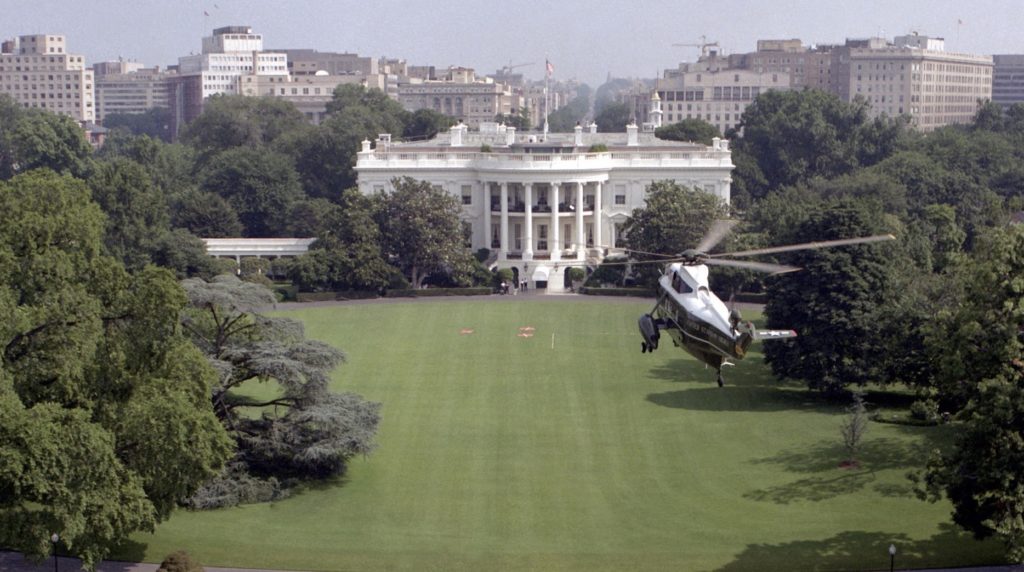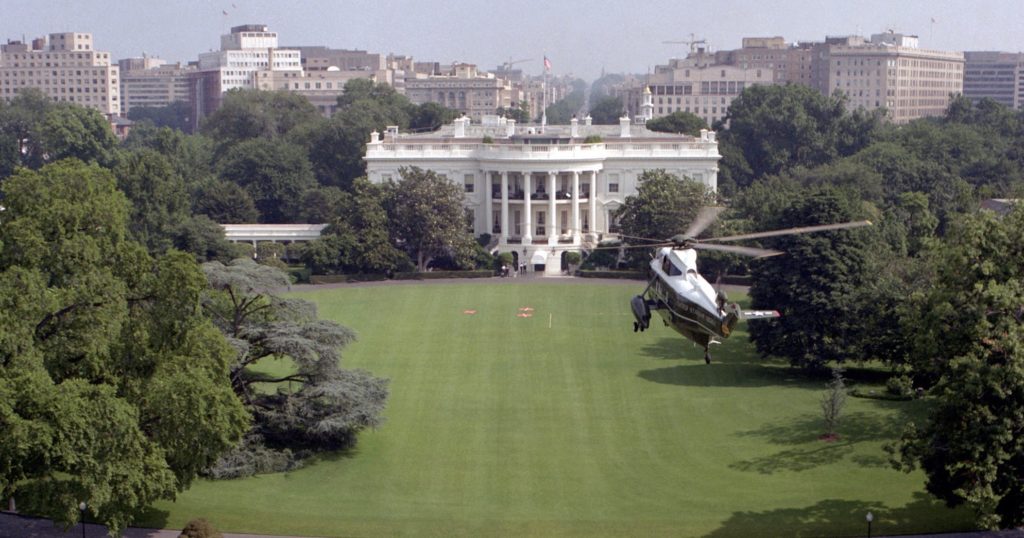 Medicine
Medicine
Stephen Meyer: Teach the (Coronavirus) Controversy


Our colleague and CSC director Stephen Meyer has a terrific article up now at The Federalist. As readers will know, when it comes to evolution education, the Center for Science & Culture advocates “teaching the controversy.” Note Meyer’s application of the “Teach the Controversy” principle to how medical opinion is being given to U.S. leaders who make policy decisions about a national response to COVID-19.
As Dr. Meyer observes, “The administration’s virus taskforce has recommended only a gradual lifting of stay-at-home orders and has established criteria for full re-opening that could take months to satisfy in many states.” His proposal is that rather than listen only to a group of experts with one set view, it would be productive to listen to another group as well, a “Team B,” or “what the military calls a ‘Red Team’ to challenge the received view of an organization from within”:
Since the outbreak, scientists have learned a lot about the often severe, and admittedly not flu-like, symptoms that can afflict those vulnerable to the virus. At the same time, mounting evidence shows that the early policy recommendations were based upon models that greatly exaggerated the threat to the overwhelming majority of the population.
“Two Conceptions of Science”
Let this Red Team provide a counterpoint to the current taskforce and thus “teach the controversy” to top decision-makers. If it works in the context of public school education, would it work in the White House? I think it would, and for the same reason: Students and Presidents make better decisions when they are exposed to competing views. As Meyer says, allowing controversy and permitting it to be widely aired is how science makes progress and delivers understanding. He outlines “two conceptions of science”:
The media and official spokespersons for science often depict science primarily as a source of authoritative deliverances. Whether about climate change, the comparative efficacy of embryonic and adult stem cell therapies, or the medical benefits of various diets, science is often portrayed as speaking with one voice.
This has many adverse consequences. Of course, there are many widely accepted and well-supported scientific theories that are properly considered part of the body of established scientific knowledge. But science also involves a deliberative process of testing and evaluating new evidence and competing interpretations of that evidence.
Moreover, scientists often disagree about how to interpret facts and even about what the facts are. As the Italian philosopher of science Marcello Pera has shown, science advances as scientists argue about how to interpret evidence. Premature appeals to an alleged consensus, therefore, can short-circuit this necessary deliberative function and lead to unwarranted conclusions, impeding scientific advance. The false perception of scientific consensus or certainty can, in turn, form the basis of rigidly enforced authoritarian public policy.
But Is There a Controversy?
You can hear the objection already, one we’ve heard before in the Darwin debate. When it comes to the coronavirus, do legitimate scientists really disagree? Or is there only one valid position, represented by what the media refer to with a definite article, not “science” but “The Science”? Meyer writes:
Many eminent and dissenting medical, scientific and epidemiological experts would make an outstanding scientific “Team B,” perhaps as part of a new task force about how to open the economy. Consider just a few of the experts who have publicly questioned key assumptions or aspects of current policies:
- Professors Jay Bhattacharya, Eran Bendavid, and John Ioannidis of the Stanford University Medical School;
- Scott Atlas, former chief of neuroradiology at Stanford University Medical Center;
- Professor Knut Wittowski, biostatistician and former head of epidemiology, Rockefeller University;
- John Lee, former professor of pathology, Hull York Medical School in the United Kingdom;
- Daniel G. Murphy, chairman of the Department of Emergency Medicine at St. Barnabas Hospital in the Bronx;
- Douglas Axe, Maxwell Professor of Molecular Biology at Biola University and former research scientist at Cambridge University’s Medical Research Council Laboratory;
- Professor Martin Kulldorf, Harvard University Medical School.
Collectively, this group has marshalled many scientific facts and arguments that challenge the wisdom of extending stay-at-home orders.
It’s an important perspective, and not for scientific or medical reasons alone. In the never-ending lockdown, there is more at stake than health, including economic ruin, bringing its own threats to life, and perhaps above all, America’s future as a free country. Read the rest at The Federalist, and hope that it’s read, too, by people with influence.
Photo: South Lawn of the White House, by PHC C.M. Fitzpatrick / Public domain.
